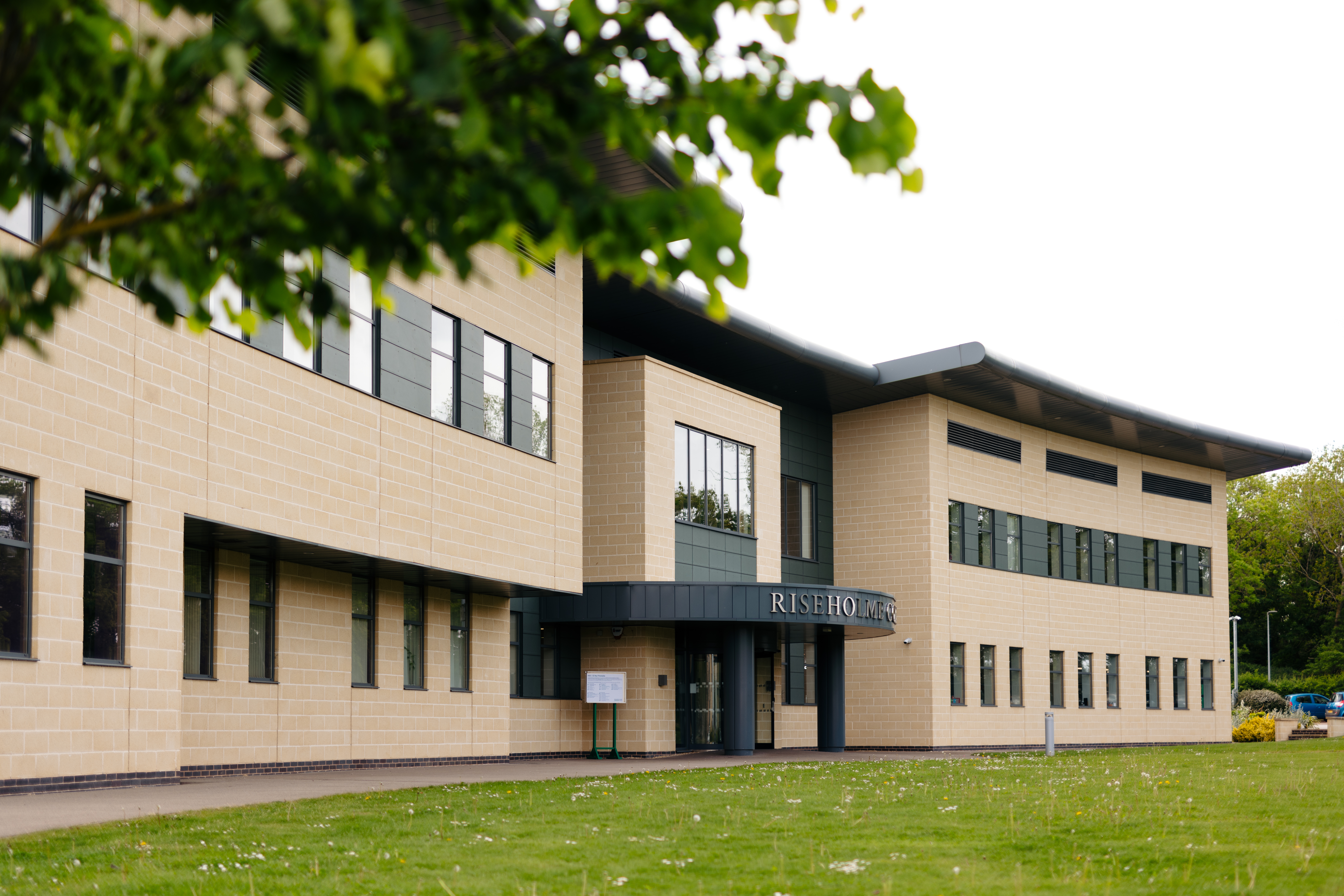The skills debate is rarely far from the headlines. Whether it is agriculture, engineering, health or digital, employers consistently highlight shortages that threaten productivity and growth. Yet the solution is not solely about preparing tomorrow’s workforce, it is equally about upskilling today’s.
Colleges have a vital role to play here. At Riseholme College, we work with employers across many different sectors to ensure education is not confined to classrooms but directly aligned with the realities of business. That means engaging with employers to shape our programmes – both further and higher education – to meet their skills needs right now, while also anticipating the challenges of tomorrow.
This engagement is not theoretical. Our Employer Advisory Group brings together voices from across industry, from agri-tech to animal management, construction to business. They feed into our curriculum visioning process, ensuring that what is delivered in the classroom reflects what is required in the field, the laboratory or the boardroom. For businesses, this provides reassurance that training provision is rooted in real-world demand rather than abstract academic design.
Equally important is flexibility. Not every employer needs a three-year degree solution. Sometimes what makes the difference is a one-day tailored workshop delivered to current staff on-site, covering anything from farm accountancy and business planning to the latest precision agriculture technology or equine gait analysis.
In larger organisations, we are now deploying virtual reality and AI to deliver fire safety and health and safety training in simulated environments, allowing staff to learn in a safe but realistic setting.
Upskilling existing staff is not just a “nice to have.” It is a key driver of efficiency, innovation and resilience. Consider agriculture – are you getting the best yields from your crops? Are livestock diets optimised for quality and value? These questions are ultimately about business performance, and the right training can ensure teams are operating at the highest level.
In other industries, the same principle applies. Continuous development is not a cost – it is an investment in competitiveness.
Employers also have a critical role in shaping the future workforce. Colleges can only be as responsive as the intelligence they receive from businesses. That is why we encourage more employers to join our advisory groups or partner with us on curriculum design.
The principle is simple – if what we are delivering is not closing skills gaps, we should not be running the programme. Education must meet the needs of industry – locally, regionally and nationally.
I recognise that for many employers, the education landscape can appear crowded and complex, with jargon and acronyms obscuring the options. Whether it is apprenticeships, modular study, short courses or full degrees, the important thing is to open the conversation. Colleges are there to listen and adapt.
The challenges facing industry will only grow more complex – from digital transformation to sustainability demands. Meeting them requires a workforce that is not static but continually evolving. By working together, colleges and employers can ensure the skills agenda is not a barrier to growth but a platform for it.

